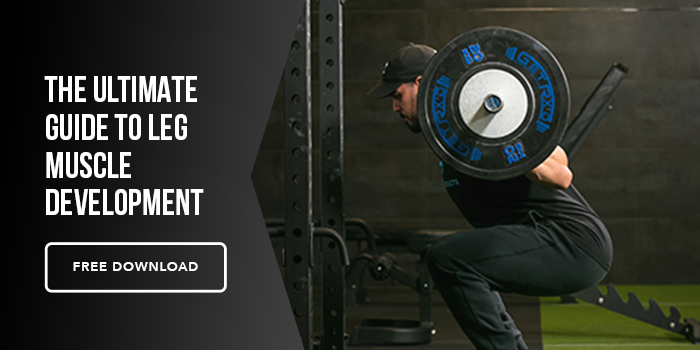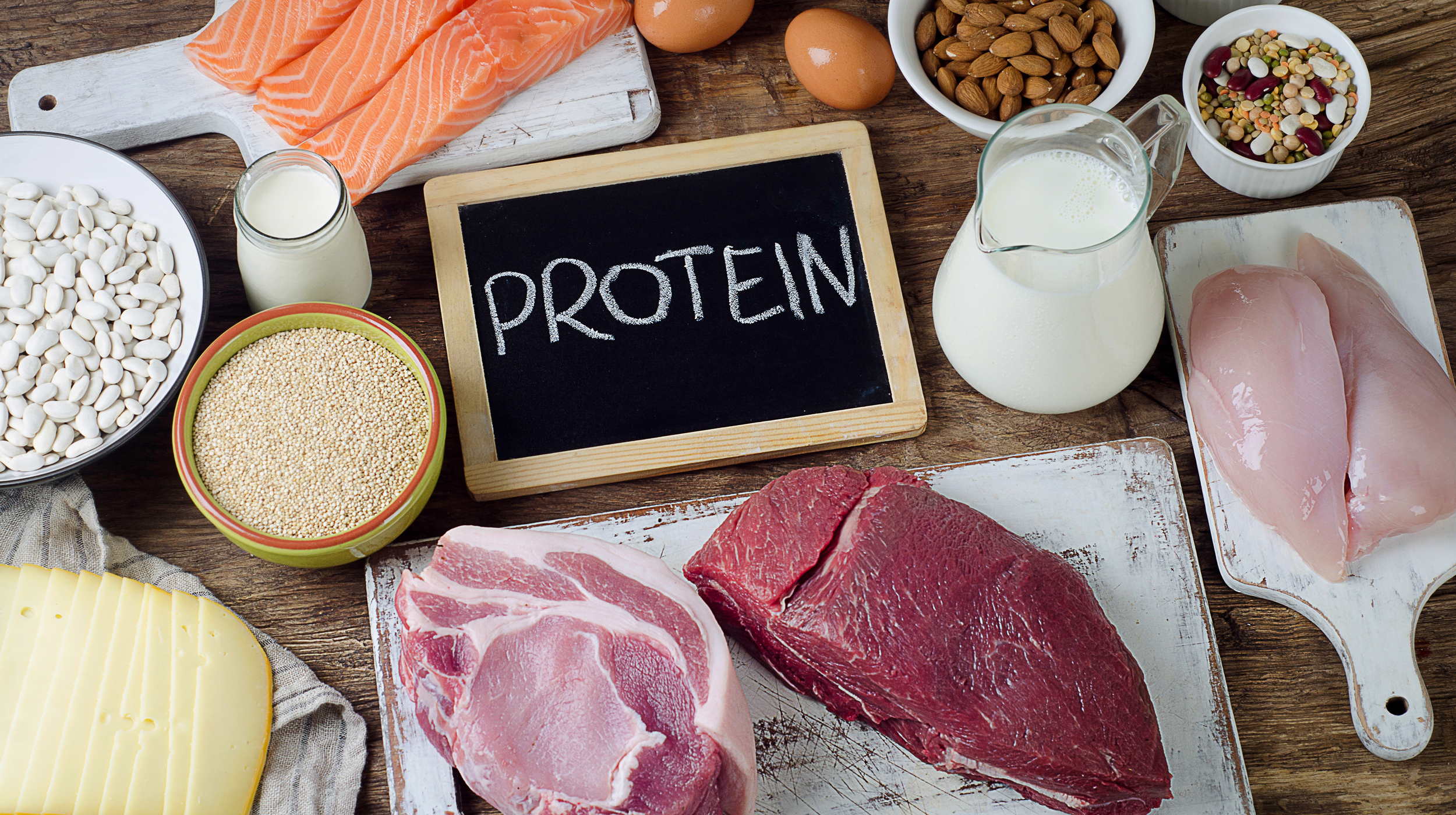You have probably heard “Health & Fitness” influencers on Instagram talk about macronutrients. We like to call them The Big Three: carbohydrates, fats and proteins. Let’s talk about the most popular macronutrient, protein. What is protein, and why is it so important?
What is protein?
So, what exactly is protein? Protein is a macronutrient that consists of amino acids. These amino acids combine to build proteins that help us break down food and build muscle mass. There are 21 amino acids in the body, but only 9 are considered essential. Our bodies cannot naturally create these 9 essential amino acids, so we must use food to do so. Fitness “influencers” often misrepresent the use of their protein intake for likes or sponsorship reasons, leading you to believe you can purchase a BCAA (branched-chain amino acids) powder to throw in your water to up your protein intake. That’s a hard pass. Save your money and get your protein from real foods that will keep you satisfied.
Why do we need protein?
This leads to the next question, why do we need protein? Whether you are an omnivore, vegan or pescatarian, the importance of consuming protein should not change based on the way you eat. Protein is “essential” to consume in our diets daily because it allows us to build adequate muscle which results in strength. However, there are many other reasons why we need protein, aside from building muscle.
Protein:
- Makes enzymes and hormones.
- Reduces appetite due to its satiating effect.
- Builds and repairs tissue.
- Balances blood sugar levels.
- Maintains our metabolism and provides energy.
Where do we find protein?
Now that we’ve talked about what protein is and why we need it, you’re probably wondering how you can incorporate more protein into your diet. Your first thought might be protein powders. Protein powders should be used as a last resort, we always recommend getting your protein from whole, unprocessed foods.
Foods high in protein consist of:
- Beef
- Chicken
- Salmon (high in omega-3s)
- Eggs
- Nuts
- Seeds
If you’re into tracking calories, 1 gram of protein is equivalent to 4 calories. Generally speaking, studies show that 0.5-1 gram of protein per pound of body weight is ideal. If you’re just getting started on your health and fitness journey, this is a good place to start. You don’t need to overdo it. Focus on meeting your daily protein intake, this is most optimal for your overall health and longevity.
Bottom line on the macronutrient protein:
- Protein is made up of amino acids that build muscle.
- Per every 1 gram of protein, there are 4 calories.
- Protein is best consumed through whole, unprocessed foods like meat, seeds, beans, etc.
- Eating a higher protein diet is optimal for our overall longevity including brain function, muscle recovery and balanced blood sugar levels.






